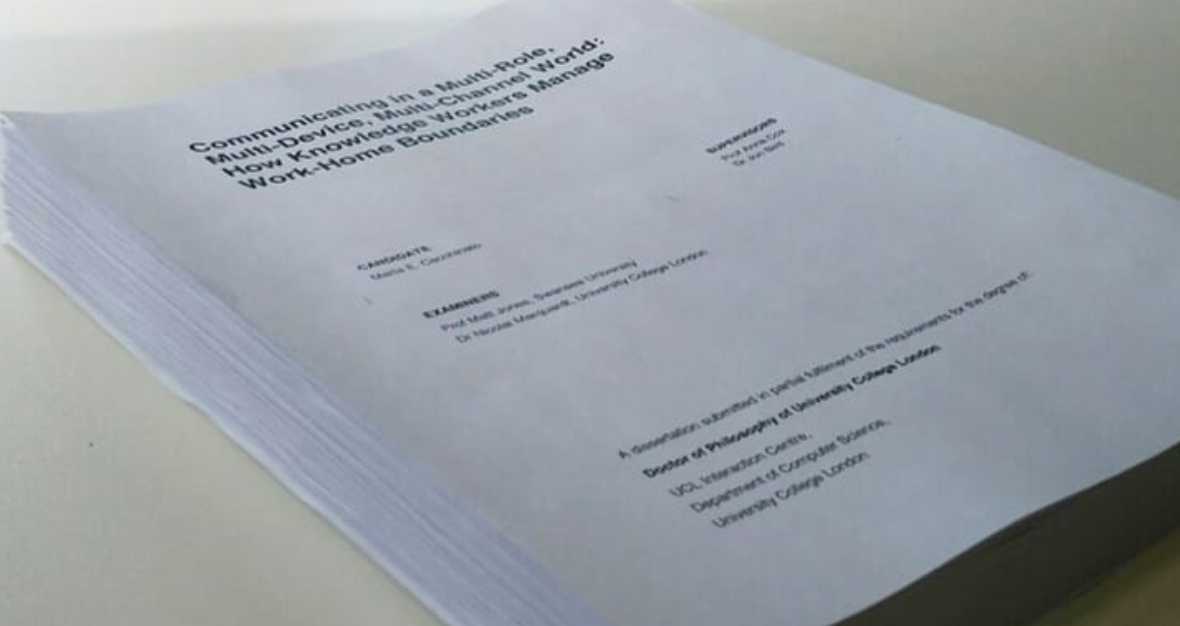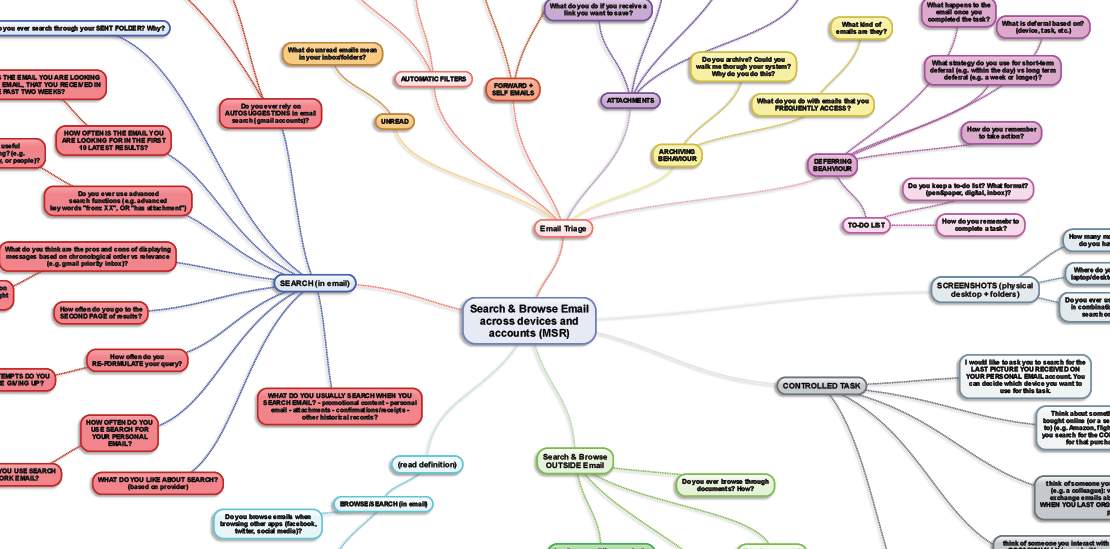Several weeks ago I attended a great workshop on mentorship, led by Natacha Wilson. I was so impressed with the delivery and the quality of content, that when I heard she’d be coming to UCL to run a workshop on becoming a research leader, I didn’t want to miss it. I maybe attend one too many of these workshops/seminars, but I generally find them very reassuring and useful. In a world of competition and politics, it seems that being strategic is key, and I’ll take any form of advice I can get. These events are also a great opportunity for self-reflection, which we far too often don’t find time for, but can help identify areas of improvement before it’s too late.
In yesterday’s workshop, there were several topics that got covered (it was a 6h workshop!), ranging from ‘what is success?’, ‘what makes a good leader’, ‘what is your research pipeline?’, ‘what does your network/connections look like?’, and most importantly, what are tips from successful PIs (based on a study that interviewed 60 PIs from different fields and countries). So here is what I learnt:
ABOUT LEADERSHIP
How we lead depends on context – different people need different styles of managing, but you need to maintain a level of authenticity, regarding your preferred style. Basically, be flexible and adapt!
A good leader should: get you to produce something, and on time, he or she should promote a collaborative and social environment, be strategic when planning, listen and be supportive, tailor their approach based on different personalities, and provide constructive feedback.
About the last point (I’m not sure if it’s based on a study or not), the best ratio for constructive feedback is 1:8 – so one negative comment, every 8 positive ones. While this is perhaps not sustainable every day, it’s certainly something to keep in mind.
WHAT TO DO BEFORE AND AFTER YOU BECOME A RESEARCH LEADER:
All the 60 PIs interviewed realised during the inteview that they weren’t actually doing research, they were managing someone else doing research, and they missed the action bit. So based on their lessons learnt and advice, if you master the following before you become a research leader (and continue after), there is a good chance you’ll hit the road running when you get that first grant and can have some time to actually do research as well.
- Seek support
This can be anyone – a mentor, the head of department, or even your partner. It’s good to have support not only for the bad times, but also to help celebrate your successes. The research that was presented showed that once people become PIs, this practice drops considerably.The most eye-opening tips was one that threw out the window what I’d learnt in other networking workshops. Building a network or connections is not about quantity, or about ‘working the room effectively’ and trying to be witty. It’s about making one connection at a time, that is meaningful and lasting. And knowing how you can help them. - Understand the system
I feel that my department has been exceptionally good at teaching me how the system works. This includes things like: what gives you a promotion? who is on the committee? which publications count more than others? what are those funding bodies interested in? - Invest in the right things
Make sure you are saying yes to the right opportunities, and being assertive to say no to things that won’t help you progress. This includes considering how much teaching you are willing to do, to ensure you have time to do research and write those papers.Most PIs also recommended moving. Mobility, be it physical or intellectual, was a required step according to them, to demonstrate you can collaborate with different groups and have learnt about different research practices. - Drive your own success
This includes taking calculated risks, creating a coherent research identity, having drive and resilience (i.e. learning by doing, not staying stuck and dwelling about it), making a clear plan with research goals and a pipeline, and finally working at your best capacity. - Know yourself
Understanding your limitations, what stops you, how you deal with stressful situations, and how you cope are key if you want to be able to lead others. Their findings suggested that once you become a PI, this element disappears and people stop any self-improvement.Here’s a quick test on your emotional intelligence to see if there any areas between self-improvement, self-regulation, motivation, empathy, and social skills that you can improve: https://www.mindtools.com/pages/article/ei-quiz.htm - Be lucky!
Luck can be seen in different ways, and often we diminish our successes and give credit to luck rather than hard work. Yesterday they gave us a definition of luck which I really like: luck is what happens when you are prepared and the right opportunity comes by. If you are determined and keep working hard, you will be ready when the opportunity comes – otherwise, you’ll see it go by, or maybe you won’t even notice it.
Finally, there is one activity we did yesterday that I would recommend others should do: drawing our journey plot. This should cover work and personal life, marking emotional highs and lows on the y-axis, and going from day 1 of your PhD to now on the x-axis. Mine looks a lot different than what I thought it would (see picture above). What struck me though was the discrepancy between highs and lows, and how often these were, especially in the last two years. You can even spot my valley of shit! But the one reassuring thing, is that the line always goes back up and that I seem to have finally found some balance 🙂



0 Comments